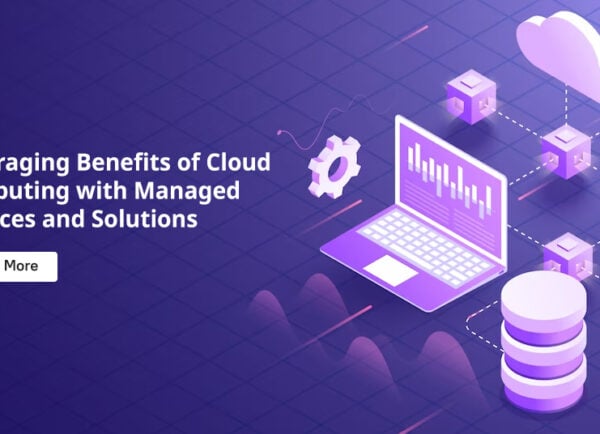
With data and applications available from anywhere worldwide, as long as you have internet access and credentials, there’s no question that cloud environments have their convenience. With such ease of access, however, comes hidden cloud security risks. So, how do you prevent a cloud data breach? It starts with the right questions: What data are…

The platform on which you choose to host your eCommerce website primarily determines your web design. If the design can’t help your business earn revenue, your organization likely won’t succeed. Therefore, choosing the right platform is essential. Two of the most popular eCommerce web hosting platforms are Shopify and WooCommerce. While both are great choices,…

Research by Gartner says that while most people today think of the cloud as a technology platform, this perspective will shift by 2027. At that time, cloud computing will be seen as the key driver of business innovation apart from being a technological approach for delivering applications. What should businesses be planning to ensure they…

In a rapidly evolving business landscape, data fuels critical decision-making and ensures smooth organizational operations. According to a report by Statista, projections for the years 2020-2025 anticipate that global data creation and replication will exceed 180 zettabytes. The report revealed that in 2020, the total volume of generated and replicated data reached unprecedented levels, largely…

Both, single-page applications (SPAs) and multi-page applications (MPAs) are web development solutions that can help businesses build their online presence. Choosing the right one to develop your business website is essential for crafting memorable online experiences for your audience while keeping business IT capabilities in focus. A Quick Look at Some Key Differences in SPAs…

The increasing sophistication of cyberattacks poses a substantial threat to businesses and individuals, prompting the need to turn to unified protection as opposed to individual security measures. Reports in Techopedia provide the following statistics: In 2022, 493.33 million ransomware attacks were detected by organizations worldwide. In 2022, the average cost of breaches resulting from stolen…

In today’s technological landscape, seamless integration between various systems has become imperative for businesses to stay competitive. At the heart of this integration lies middleware, a crucial component that acts as a bridge, connecting systems and enabling smooth communication, data sharing, and harmonious functionality. On the other hand, integration is the glue that holds your…

In today’s data-driven world, businesses rely heavily on their digital assets and information. Protecting this data is crucial not only for operational efficiency but also for ensuring business continuity. The concepts of backup strategy and disaster recovery are often discussed in the context of data protection and business continuity. While they may seem similar, they…

In today’s digital age, having a well-designed, carefully developed, and efficient mobile or web application is critical for the success of many businesses. Whether it’s a mobile app for your e-commerce store or a web application for streamlining internal processes, choosing the right application development service provider is a critical decision. However, making the wrong…